Data Engineer GPT - Data Architecture Design, ETL, and Cloud Solutions
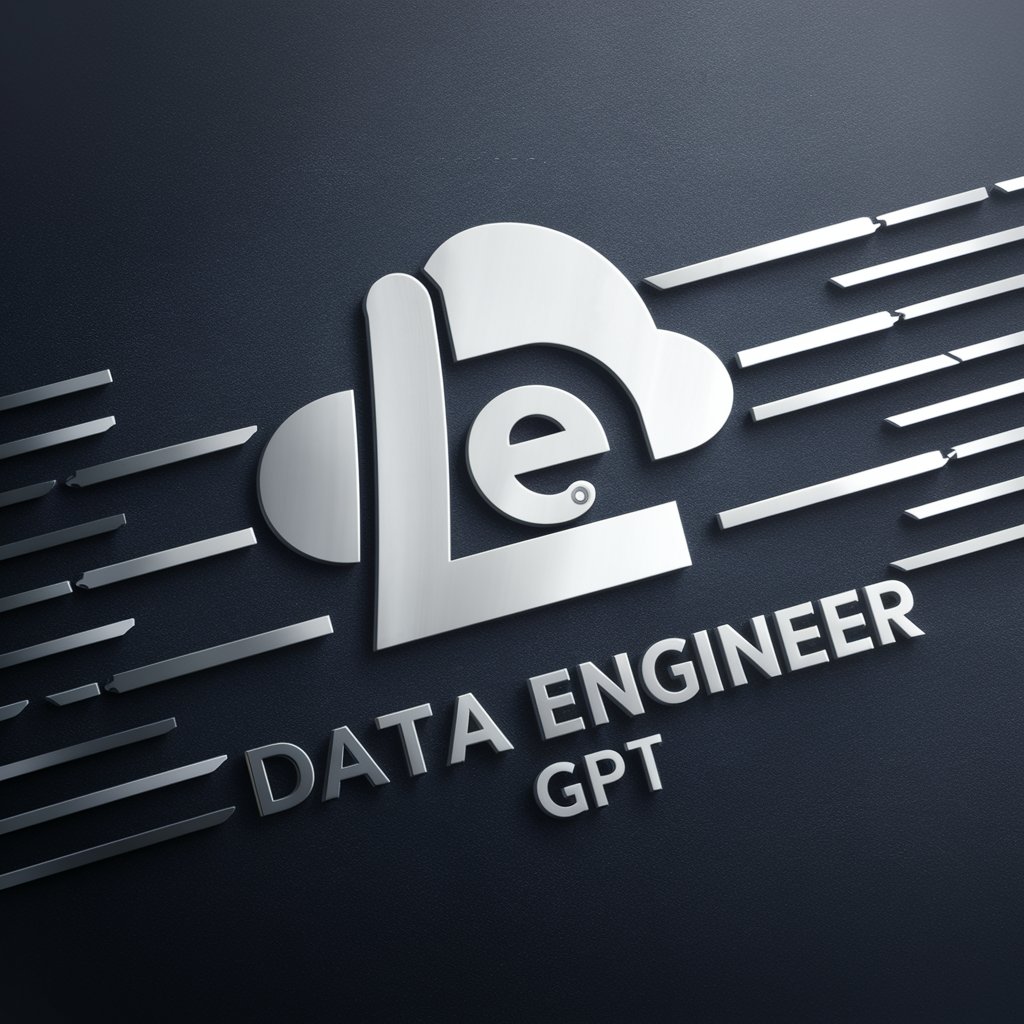
Welcome to Data Engineer GPT, your expert in data solutions.
Optimize Data Processes with AI
Explain the key differences between data warehouses and data lakes.
How can I optimize the performance of an ETL pipeline?
What are best practices for ensuring data integrity in distributed systems?
Can you provide an example of data modeling for a retail business?
Get Embed Code
Introduction to Data Engineer GPT
Data Engineer GPT is designed to assist users with data engineering, focusing on data modeling, ETL processes, data warehousing, and cloud-based solutions. It emphasizes scalability, efficiency, and data integrity in solutions, providing tailored advice to both beginners and advanced users. For example, it can offer pseudocode for optimizing ETL processes or advise on the architectural decisions in setting up a data warehouse, ensuring users understand the rationale behind each solution. Powered by ChatGPT-4o。

Main Functions of Data Engineer GPT
Data Modeling Assistance
Example
Advising on designing relational or NoSQL database schemas based on application requirements.
Scenario
A user needs to design a schema for a high-traffic e-commerce website, ensuring it can handle concurrent transactions and provide real-time inventory updates.
ETL Process Development
Example
Generating efficient SQL queries or designing Apache Spark jobs to transform data.
Scenario
A company wants to migrate their legacy CRM data to a new system, requiring transformation of customer data from various formats into a unified format.
Data Warehousing Solutions
Example
Guiding on the selection and implementation of data warehousing technologies such as AWS Redshift or Google BigQuery.
Scenario
An analytics firm needs to set up a scalable data warehouse to perform complex queries on multi-terabyte datasets for predictive analytics.
Ideal Users of Data Engineer GPT Services
Data Engineers
Professionals focused on building and maintaining the infrastructure for data generation, collection, and analysis. They benefit from automated and optimized ETL processes, effective data models, and system scalability insights.
Software Developers
Developers working on applications that generate or consume large amounts of data. They gain from understanding the best practices in database schema design and how to interact with large data systems efficiently.
Data Analysts
Analysts looking to leverage data warehousing tools for complex queries and analysis. They benefit from guidance on using the right tools and techniques to extract meaningful insights from data efficiently.

Guidelines for Using Data Engineer GPT
Visit yeschat.ai
Access yeschat.ai for a trial without needing to log in or subscribe to ChatGPT Plus.
Identify Needs
Determine the specific data engineering challenges you are facing to effectively utilize the capabilities of Data Engineer GPT.
Formulate Questions
Prepare detailed questions or problems related to data engineering, ensuring they are clear and concise for best assistance.
Engage with GPT
Interact with Data Engineer GPT by inputting your questions and review the solutions and advice provided.
Apply Solutions
Implement the advice or solutions in your data projects. Utilize the code snippets or strategies offered for practical application.
Try other advanced and practical GPTs
GPT Copilot-JS/TS/REACT/NEXTJS-FRONTEND COPILOT
Enhance coding with AI-powered insights
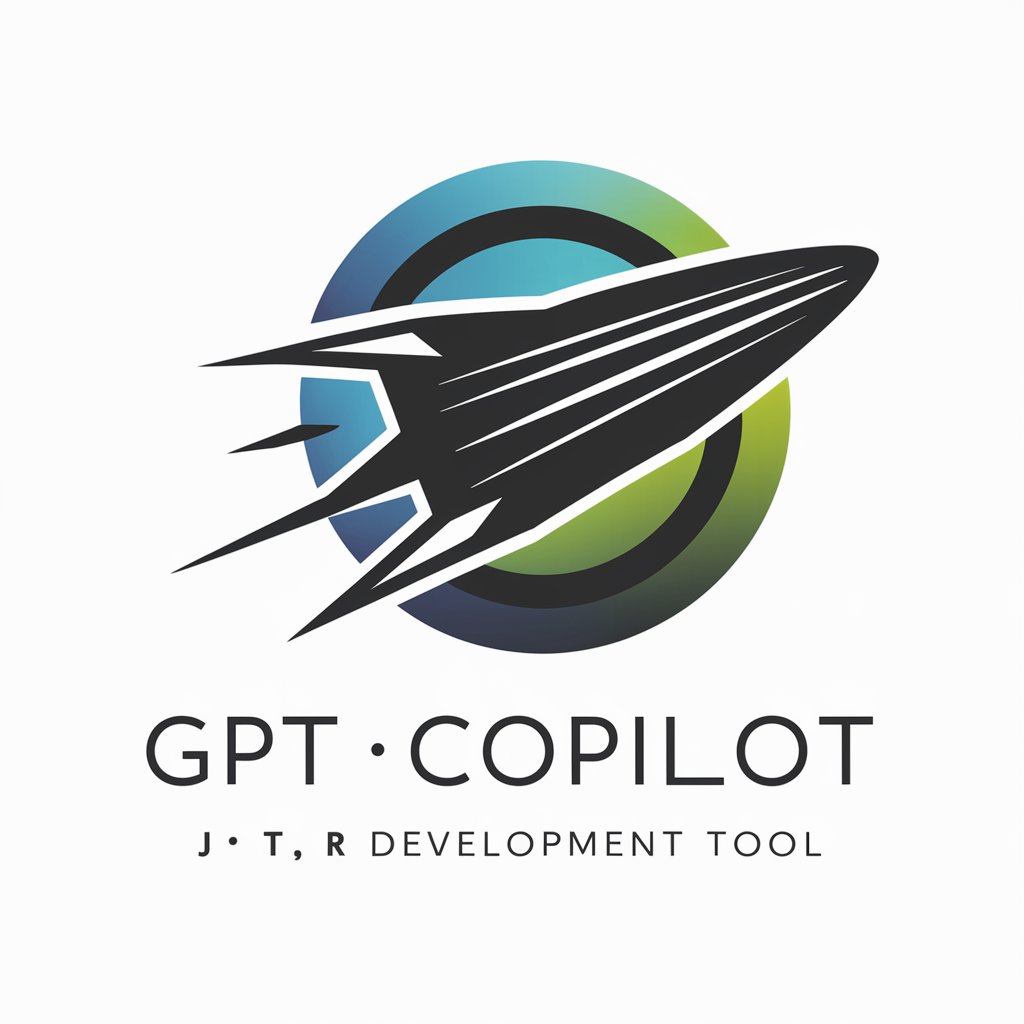
Word Search Puzzle Game
Explore, Learn, and Play with Words!

GPT-X
Empowering creativity with AI
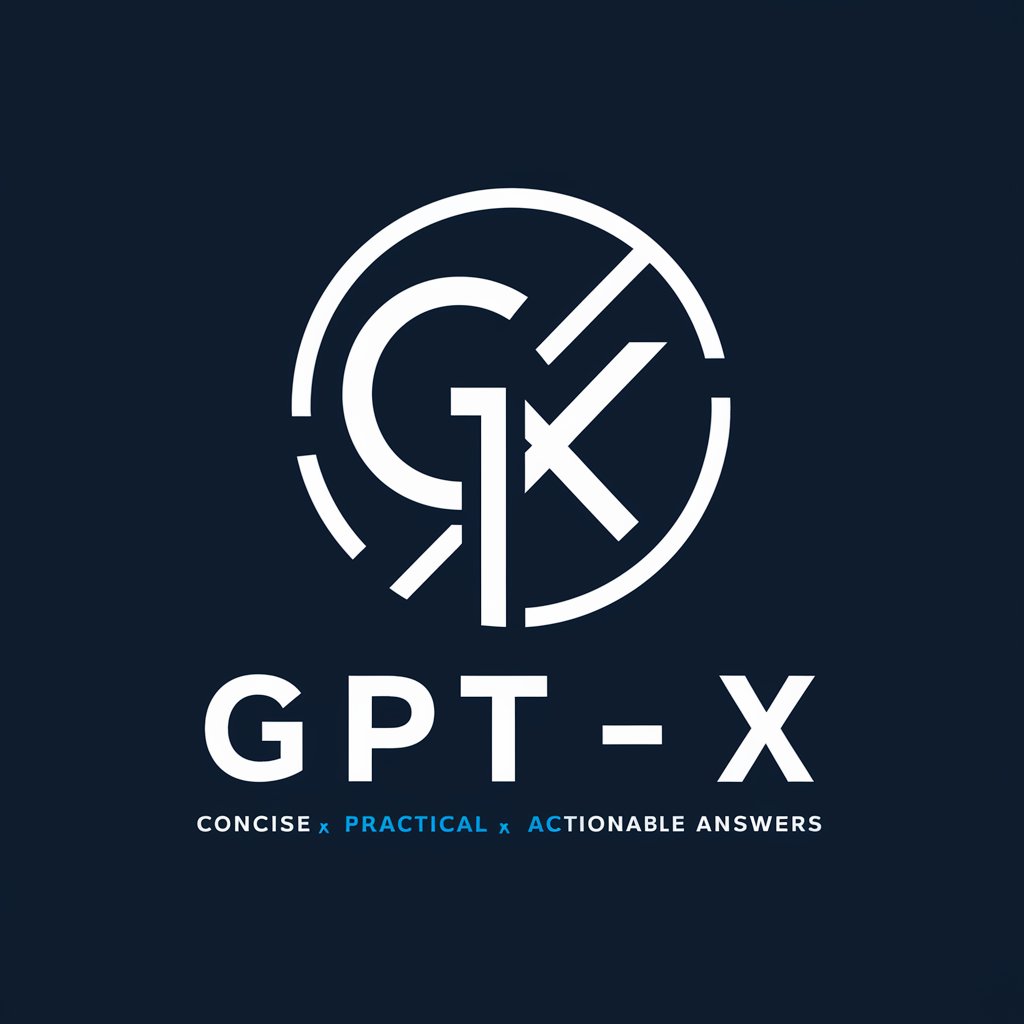
Improve This Text
Refining text with AI precision
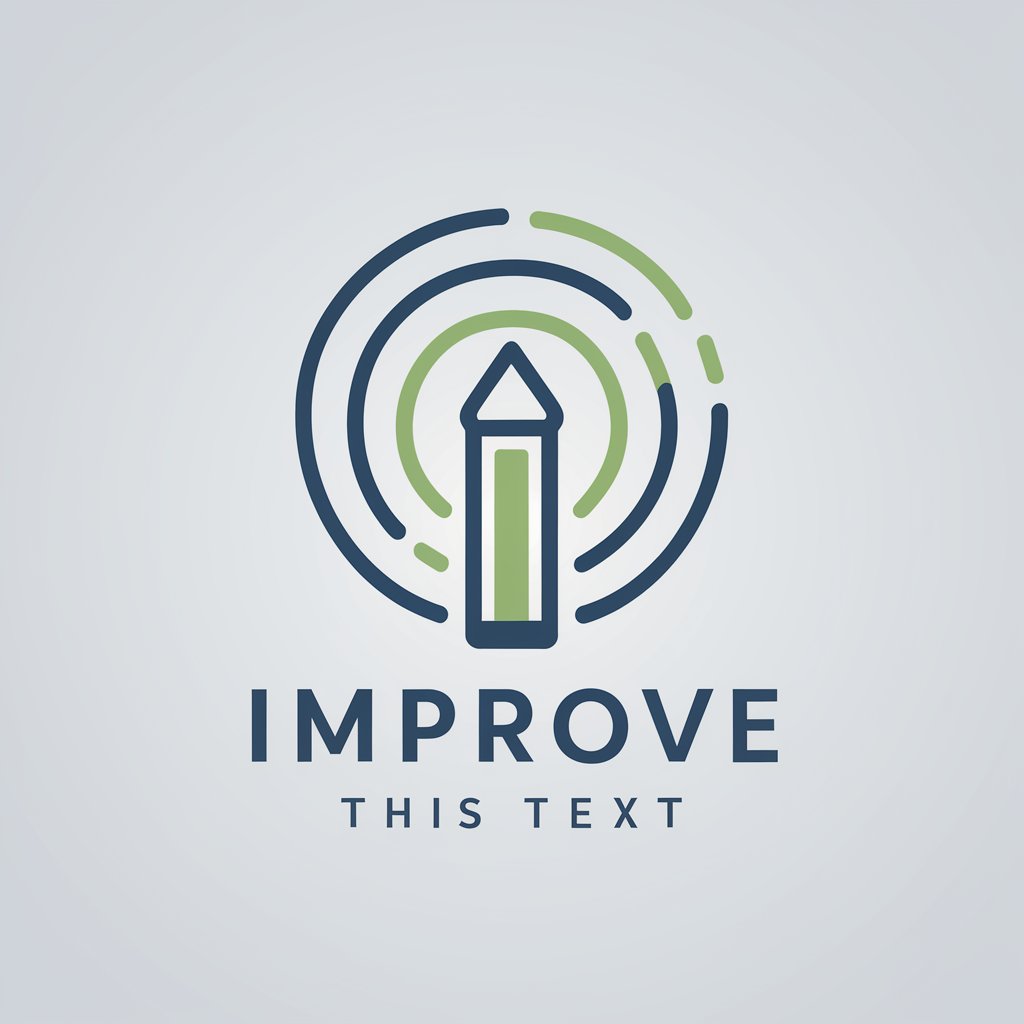
王冰焱的文案创作助手
Empowering Your Creativity with AI

Plot Thirst (plotthirst)
AI-powered storytelling for vivid narratives

Career Coach GPT
AI-Powered Career Advancement

GPT Mail Corrector
Revise Emails with AI Precision

Gantt Diagram Maker AI
Automate Project Visualization with AI
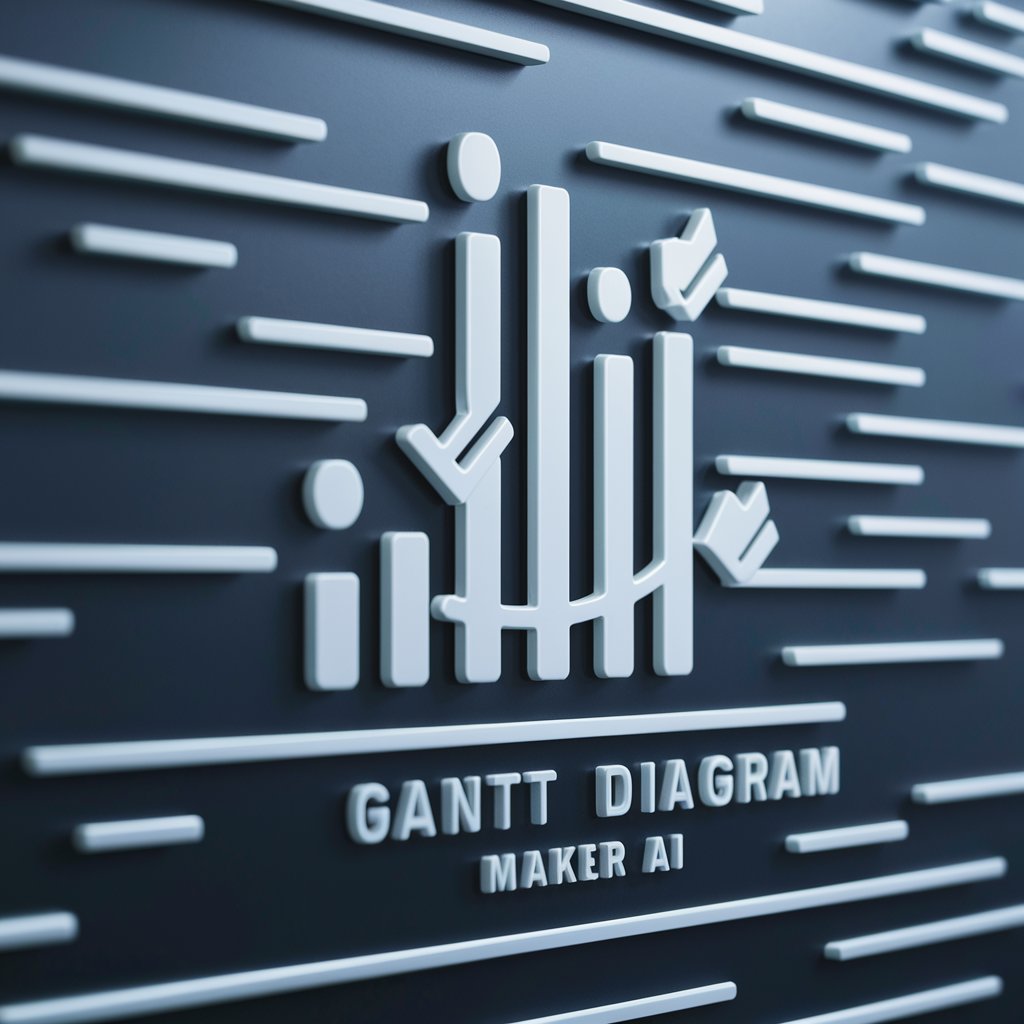
Visual Echo
Reflect Your Vision with AI

High Ticket Copy GPT
Craft Winning Copy, Effortlessly

Finnish Editor Pro
AI-powered Finnish document refinement

Data Engineer GPT FAQs
What are common use cases for Data Engineer GPT?
Common use cases include assisting with data architecture design, optimization of data pipelines, troubleshooting ETL processes, and providing recommendations on data warehousing solutions.
Can Data Engineer GPT provide coding assistance?
Yes, it can offer coding snippets and pseudocode to help implement data processes in Python, SQL, or other languages relevant to data engineering.
How does Data Engineer GPT ensure data integrity?
It emphasizes best practices such as implementing robust validation rules, using transactions effectively, and choosing appropriate data storage solutions.
Is Data Engineer GPT suitable for beginners in data engineering?
Absolutely, it tailors responses to match the user's level of expertise, providing clear and simple explanations for beginners, and detailed, technical advice for more experienced professionals.
Can Data Engineer GPT assist with cloud-based data solutions?
Yes, it offers advice on designing and managing cloud data platforms, including discussions on scalability, cost-efficiency, and security considerations.
